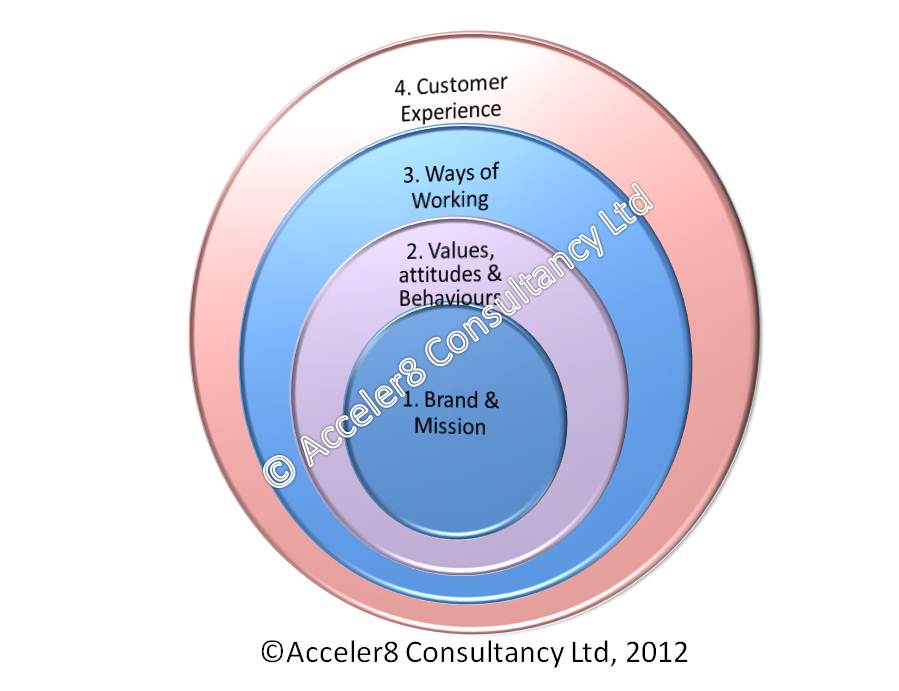Change management hacks: Know the warning signs of a failing programme
You set out with the best of intentions: you defined your goal, wrote your plan, and achieved stakeholder buy-in. But your change management plan has failed, and you didn’t see it coming.
In one of our previous features (Why is change management vital for career success?), we shared the issue that failure in change programmes is all too common. According to a McKinsey study, 56% of large IT change projects fail to deliver what they promised. And 17% of any type of change projects “conclude so disastrously that they threaten an organisation’s existence.”.
Don’t let this happen to your business – check out our guide to spotting the signs of a failing programme…
1. Consistent goal failure
All project managers appreciate the knock-on effects of timescale slips. But you need to take early action to prevent them from threatening the entire project, especially if delays are becoming consistent. Check our blog on ‘asking why?’ for our thoughts on early warning systems for investigating and mitigating risks…
2. Lack of PM team engagement
It’s not uncommon for inexperienced project team members to become disengaged and disinterested, particularly if project plans change. The warning signs will be clear to see – they don’t contribute to meetings, show lack of interest in updates from across a project team and, the more telling sign, their energy levels are low.
It may just be that new individuals are unsure how to manage a scope change and don’t yet have the confidence to speak out in front of an entire PM team. If the individual’s issue is down to a lack of trust, rather than confidence, then it highlights a bigger challenge of a team not working together effectively.
As a leader who wants to achieve successful change you need to create an environment of trust, where issues are opportunities for improvement and the one who highlights the issues is not penalised or burdened for doing so. I once read this great post from Bas de Baat about ‘trust being the ‘primary driver of success’ which covers this point in more detail.
But whatever the reason for disengagement, it’s where one-to-ones are vital. You need to find out ‘why’. And this PM team issue brings us onto our next point…
3. Lack of executive engagement
You may have achieved stakeholder buy-in at the beginning, but are you seeing a lack of stakeholder and/or executive involvement throughout your ongoing process? It could be signalling a change in overall business priorities that you haven’t been made aware of. So, it’s vital that you keep up an ongoing two-way communication. Set clear expectations of stakeholder engagement from the start, and if these begin to slide, escalate it immediately.
4. Frequent project scope changes
It’s natural that plans change as projects evolve. But beware the ever-changing plan where items are frequently dropped to make up time, they’re added to meet changing customer requirements, or are changed so much that they completely miss the original project goal. Frequent change may be a signal that business priorities have changed entirely or more worryingly may be a sign the business is not clear and/or committed to the project goal.
Conclusion

Businesses often continue funding failing projects at the cost of customer experience, bottom line, and business longevity. It’s one of the reasons why we created the Change Management Framework© , a template for you to define what the future should look like. Once the change has been defined, we use standard techniques and communication together with Programme Management to make sure the it is delivered successfully.
And as qualified practitioners, we cover the full spectrum from organisational design to process and culture change. What’s more, we make sure the change is embedded! So, get in touch to find out how we can help your business thrive.







